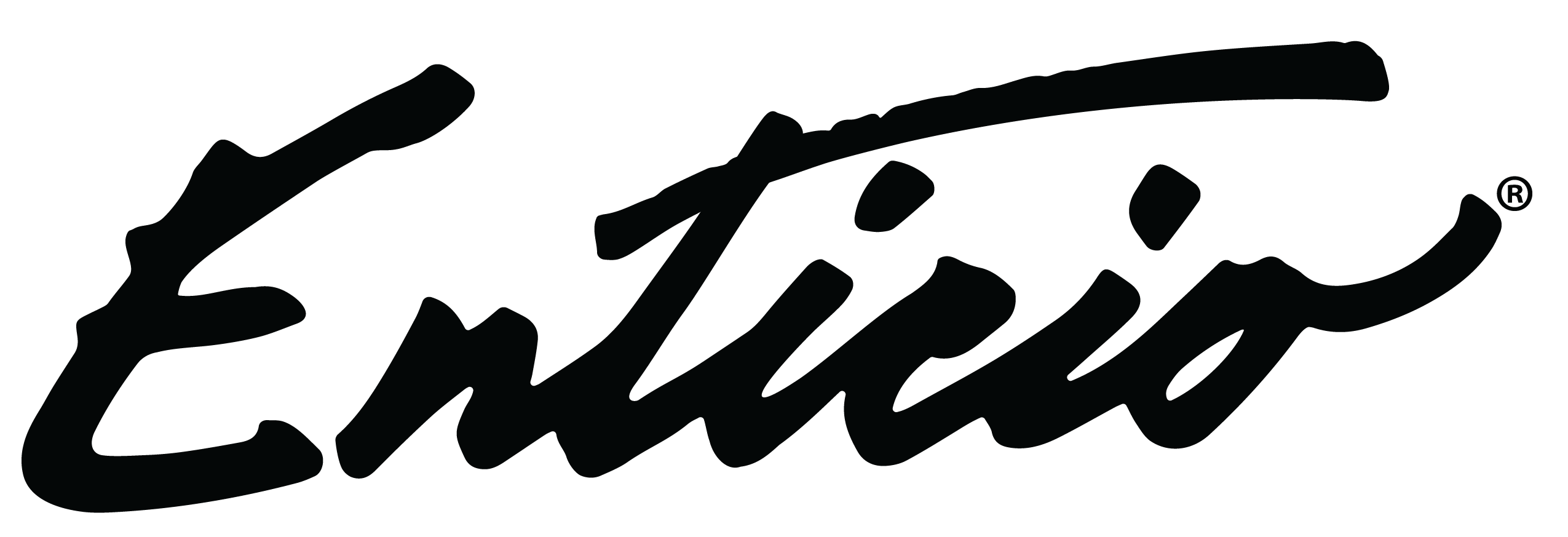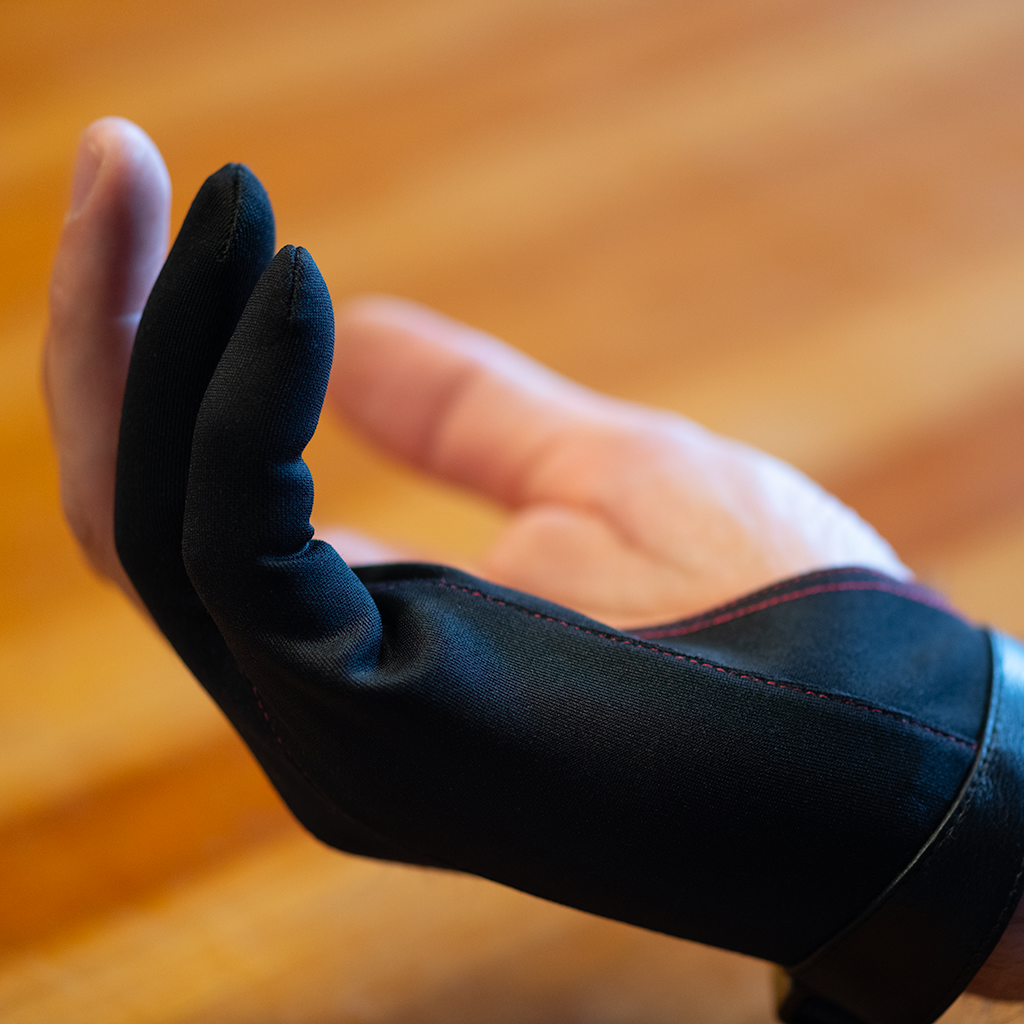Studio & Office
Size Matters - Choosing the Right Glove For Your Hand Size
When you’re looking to find the best glove for touch surface palm rejection, an important factor to think about is which size is right for you. Many brands offer a one-size-fits-all approach which is definitely not the best way to go and can lead to a lot of frustration as you get started with a glove that’s not right for your hand or your workflow. In this article, we take a look at why size matters, how to measure your hand size, and what glove size is right for you.
Why Size Matters
If you work with touch surfaces often and your work sessions tend to run for hours at a time, it’s vital that you find the correct glove size. A glove that is too loose, often doesn’t even do what it’s supposed to and when it does, a poor fit is not going to be comfortable when parts of the hand are tightly compressed and other parts are loosely flopping around.
Note that when you stretch fabric, it causes it to get thinner, collapsing the weave of the material. A tighter weave means less airspace and less palm rejection. Also, a glove that is too tight can trigger a cascade of problems starting with how it restricts the material’s ability to breathe, which allows heat to build up, which in turn makes your hand sweat and ends with you becoming exhausted. And all that compression restricts blood flow to the hand, which hurts your ability to work for long sessions and can potentially be dangerous to your health.
Just as Repetitive Strain Injury can be a debilitating side effect of using a computer keyboard, tight compression around parts of the body (like the wrist) over long periods of time can result in Compartment Syndrome. This can have temporary symptoms that are easily dismissed but in more severe cases, can lead to permanent nerve damage and worse. In most cases, this type of compression simply results in fatigue which can reduce the amount of time that a professional artist can comfortably work and potentially can degrade the quality of that work.
Measurements and Sizing?
There are no universal standards for glove sizing and every vendor is different when it comes to measuring the size of the hand for the purpose of fitting a glove. Some vendors measure the length of the fingers, others want to know the circumference of the hand or even others measure across the hand horizontally. In truth, it is much more complicated that you might first think.
The goal is to allow someone to map the size of their hand to the size of a given glove; that much is obvious. The problem starts when you realize that the design of a glove can dramatically affect what measurements actually matter when looking for a fit. The wrist doesn’t matter if you simply are expected to jam your hand into the equivalent of a gym sock with holes cut in it. The fabric is expected to compress your wrist and hand to achieve a fit so stretching tightly is just about right - just don’t wear it for a prolonged period.
In reality, almost all artist gloves on the market achieve a fit with one measurement, the sewn fabric that is measured and cut at the factory. It wraps your palm and your fingers in what is referred to as the “shell” portion of the glove. The problem is that none of that is adjustable, you have to buy the right size from the factory in the first place; there is no going back. When all you have is the shell to achieve your fit, you depend on the stretch of the fabric alone to fit different sized hands. And as we mentioned before, stretching the fabric too much causes other problems including failing as a protective garment.

How We Approach Helping You Choose the Right Fit for Your Hand
Enticio gloves are unlike any other in how it achieves a fit; we do this in two ways: first the shell and then the wrist. Each is separate but they cooperate in a way that puts you in control of what works best for you.
First, we measure the full distance from the tip of the ring finger to the end of the palm. Since Enticio is the only brand that includes an adjustable wrist strap, we know that you will achieve a perfect fit around the wrist if we can get the first part as accurate as possible. What actually happens is that the fabric that wraps around the hand is held in position and adjusted by the positioning and rotation of the strap. Therefore, you can adjust the strap so that it not only fits the wrist, but also controls how the fabric wraps around the hand. This design feature allows the front and back of the hand to flex to move air in and out, keeping the hand cool, while the air flow controls moisture.
Together, the strap and the shell work to achieve a fit that is perfect for you and you can adjust how it feels when you wear it. Additionally, instead of resulting in sizes that only fit one size hand well, most people can actually wear up to three different sizes depending on whether they prefer a snug, normal or loose fitting shell since the strap adjusts the opening along with fitting around the wrist.

